You’ve Received Treatment from Dr. Morrison – What Happens Next?
Microvascular decompression (MVD) surgery is the most common and effective surgical approach for treating many neurovascular conditions, including trigeminal neuralgia (TN or TG N) and glossopharyngeal neuralgia (GPN). GPN results from excess pressure on or compression of the glossopharyngeal nerve. Though a rare condition, people living with glossopharyngeal neuralgia can experience debilitating symptoms that negatively impact their quality of life. GPN symptoms can include sudden, intense pain occurring in the ear, nose, or throat areas, lasting a matter of seconds or several minutes.
This pain can be prompted by many daily activities including yawning, chewing, swallowing, talking, laughing, coughing, and more. Not knowing if or when your basic daily activities will precipitate severe facial neuralgia pain is exhausting and stressful, but treatment with microvascular decompression surgery can help. MVD is a highly effective surgical intervention that can allow you to reclaim and restore your quality of life.
Complete Relief with MVD Surgery
Microvascular decompression aims to provide complete relief by addressing the root cause of your symptoms: compressed glossopharyngeal or other facial nerves. Even if blood vessels are not compressing an affected nerve, your surgeon can also use the MVD approach to transect the glossopharyngeal nerve and other sensory nerves to provide relief.
When experiencing the constant stress and discomfort of painful neurovascular compression symptoms, it can be hard to imagine life without them. However, life after MVD can be pain- and symptom-free. Research has repeatedly demonstrated that the majority of people experience immediate, long-term, and complete pain relief after an MVD procedure. Nearly 87% or more of patients experience immediate and complete pain relief after surgery. One study also found that nearly 93% of patients reported continued pain relief over 2 years after surgery. In addition to pain relief, MVD procedures are associated with low rates of facial numbness or other minor complications after surgery.
In general, MVD is a highly effective and long-lasting surgical treatment for people experiencing glossopharyngeal neuralgia and related conditions. The short-term and long-term impacts can greatly improve the comfort and quality of your life.
Post-Surgical Recovery After MVD
Though relatively short, you can expect a recovery period following your microvascular decompression procedure. This recovery process will bring some short-term life adjustments. These temporary new routines and activities will help ensure you have lasting, optimal post-surgical results.
Recovery time and resuming activity. You can expect to resume most normal daily activities within days of your MVD surgery. This includes walking for 5-10 minutes every 3-4 hours each day. However, it usually takes one month for you to be cleared to return to work or driving so plan accordingly with family and friends.
You may also notice swelling and bruising around your face after surgery which will resolve over the first few weeks. Applying ice for 15-20 minutes 3-4 times per day can help to reduce this post-surgical inflammation. You will also be asked to sleep with your head elevated during the night to support your recovery process.
Incision care. Patients may return to showering immediately after surgery but will need to avoid bathing in a tub for the first month or so. Though gentle baby shampoo is safe to use, you will want to avoid scrubbing, lotions, or submerging the surgical site. Instead, let the water run over the area and gently pat dry to keep the skin glue intact. Hair dye should also be avoided for at least six weeks and exercise caution around the incision site if getting a haircut.
Medications. Headaches are a common, but temporary, post-surgical side effect. While Tylenol is permitted, your doctor will discuss the recommended dosage and any other prescribed pain medications if needed. Proper hydration and nutrition are also important during recovery to support tissue healing and avoid constipation due to pain medications.
Also, don’t be alarmed if you notice experience crackling, popping, or ringing sensations in or around the bony opening of the surgical site. This is completely normal and is an indication that trapped air from surgery is being reabsorbed by your body.
After your procedure, you can expect to see Dr. Morrison at a follow-up visit two weeks after your surgery. At that time, they will update any post-surgical recommendations as needed to support your continued recovery.
Potential side effects:
While MVD is generally safe and highly effective in providing relief, it is not without potential side effects and risks. These can include infection, bleeding, blood clots, and anesthesia-related complications, which are common to many surgical procedures. In some cases, there can be rare but serious side effects such as hearing loss, facial weakness, imbalance, and even cerebrospinal fluid leakage, although these complications are relatively infrequent. Patients must discuss these potential side effects with Dr. Morrison and carefully weigh the risks against the potential benefits before proceeding with the surgery.
Find Relief With Morrison Clinic
Microvascular decompression is the most common and most effective surgical treatment for glossopharyngeal neuralgia and other neurovascular compression conditions. This widely studied approach has a very high success rate for immediate and long-term pain relief with minimal to no side effects, helping you to regain and maintain your quality of life.
But, determining if microvascular decompression surgery is right for you is an important decision. As your expert South Florida neurosurgeon, you can be confident that Dr. Morrison and the Morrison Clinic team will provide you with an accurate diagnosis, excellent treatment recommendations, and an optimal recovery plan to support your health, symptom management, and quality of life. If microvascular decompression surgery is recommended, Dr. Morrison’s expertise will help you to ensure you experience the best possible results.
Our team is prepared to answer any questions you may have. Contact Morrison Clinic to learn more about MVD today.

